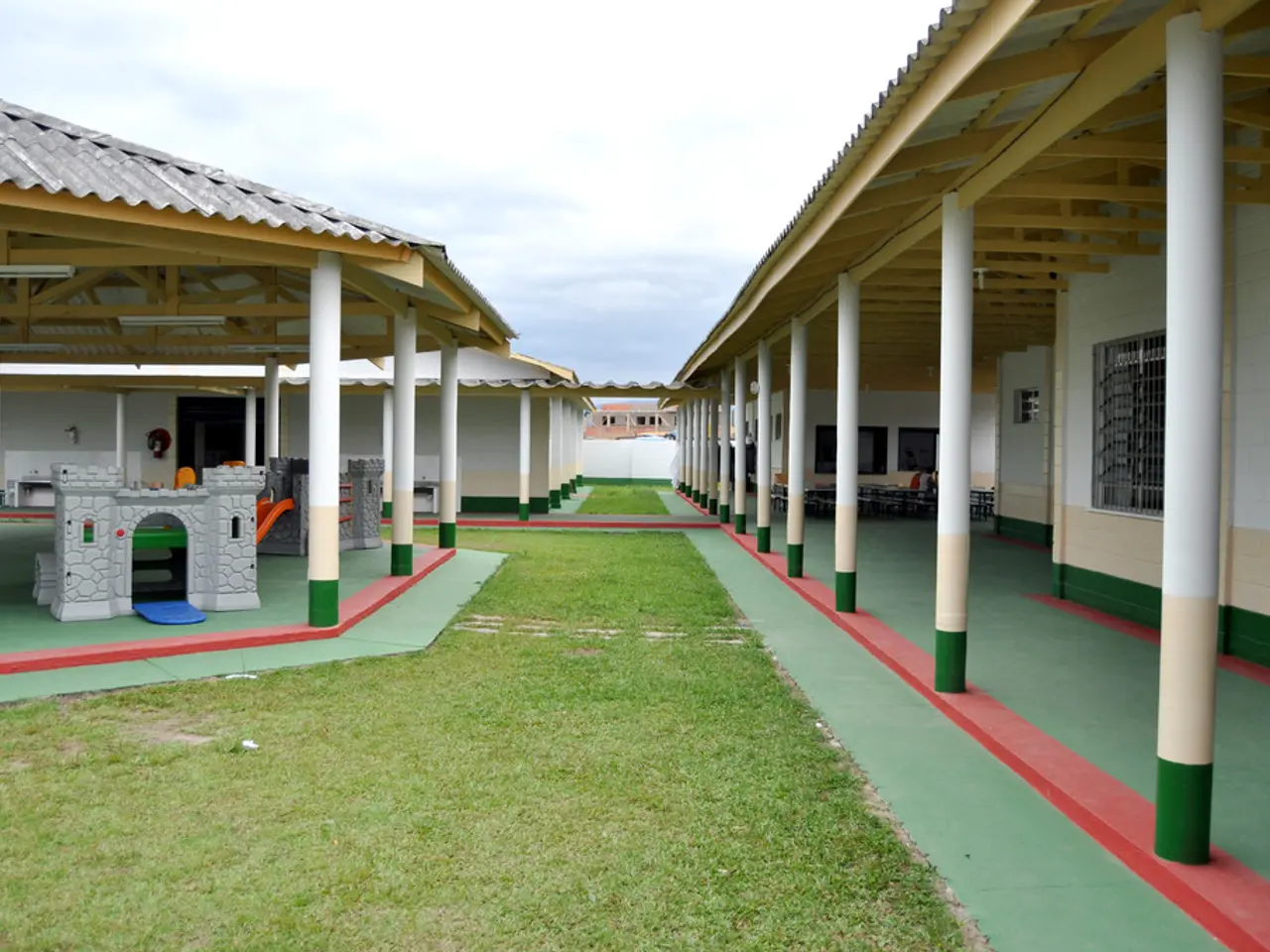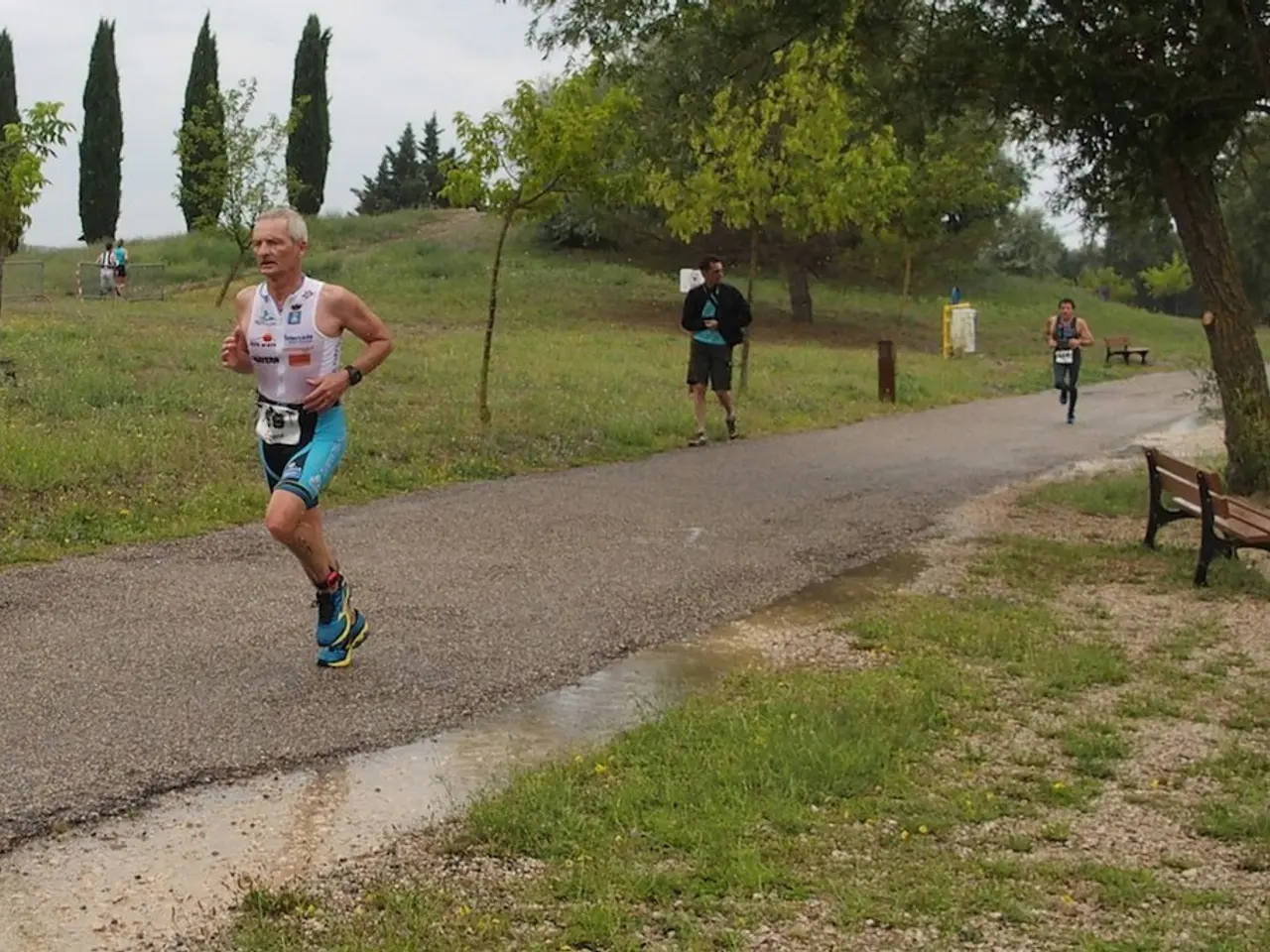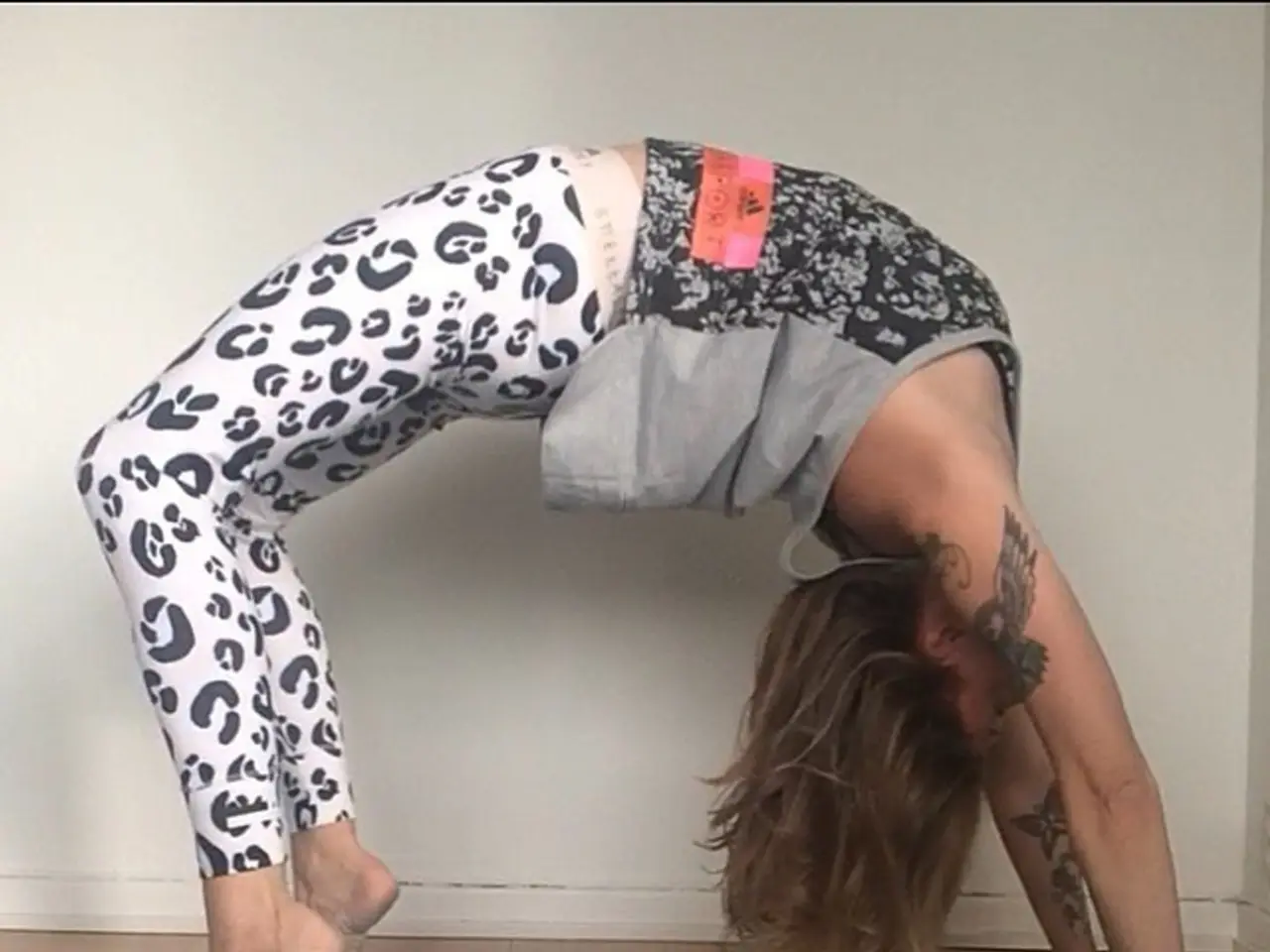Concern Rises at Supreme Court over Fatal Rabies Cases Caused by Dog Attacks
In the heart of India, the Supreme Court in New Delhi has shown concern over the alarming increase in dog bite cases leading to rabies, particularly in the capital city. The court has taken suo motu cognisance of a media report detailing a fatal dog bite incident, expressing its dismay over the situation as "very disturbing and alarming."
The two-judge bench, comprising Justices J.B. Pardiwala and R. Mahadevan, has questioned the authorities, "Should we leave every lane, every road open for these large-hearted people?" The bench further inquired, "Why don't you feed them in your own house?"
As of 2025, New Delhi has reported 49 rabies cases, with over 35,000 animal bite incidents from January to June 2024. This troubling trend reflects a broader national picture, with India reporting over 3.7 million dog bite cases and 54 rabies deaths in 2024. This represents an almost 70% increase in dog bite incidents compared to 2022.
The key factors contributing to this issue include a large stray dog population, vulnerability of certain groups such as children and the elderly, and social and infrastructural challenges. Despite an estimated 65,000 sterilised and vaccinated dogs in New Delhi since January 2024, the challenges remain in fully controlling the numbers and preventing disease spread.
The government, however, is taking action. Sterilisation and vaccination programs, improved anti-rabies healthcare, legal and community engagement, and public awareness measures are being implemented to address this public health challenge. The Municipal Corporation of Delhi (MCD) aims to sterilise and vaccinate nearly 98,000 stray dogs by December 2025. The National Rabies Control Programme (NRCP) is also active, with a focus on setting up Model Anti-Rabies Clinics and ensuring the availability of anti-rabies vaccines.
The Animal Birth Control Rules, 2023, emphasise proper feeding and care of street dogs, conflict resolution between humans and stray dogs, and mandate compliance by residential welfare associations and local bodies. Extensive communication efforts are underway to enforce these guidelines. Special focus is also given to protecting vulnerable groups like children and the elderly through awareness programs and safety measures in residential and school areas.
In a separate development, the Supreme Court has also taken suo motu cognisance of a plea involving allegations of harassment over the feeding of community dogs in Noida. The court has made sharp observations during the hearing, stating, "There is all space for these animals, but no space for humans. Nobody is stopping you from feeding them in your home." The petitioner, who claims to be facing harassment while trying to feed community dogs in accordance with the Animal Birth Control Rules, has been directed to register the Noida plea as a suo motu public interest petition.
In conclusion, the Supreme Court's interventions aim to address the rising dog bite cases and rabies in New Delhi, while also addressing the issues faced by those trying to feed community dogs in Noida. The government's ongoing efforts, including sterilisation, vaccination, legal reforms, healthcare improvements, and community-based control measures, are expected to mitigate this public health challenge and reduce dog bite incidents effectively.
In light of the increasing dog bite cases and rabies incidents, the Supreme Court has expressed its concern, not only over New Delhi but also the broader mental health and health-and-wellness implications for those attempting to feed community dogs in Noida amidst harassment allegations. Given the aforementioned challenges, it is vital that science-backed strategies are employed in the combination of sterilization, vaccination, and improved anti-rabies healthcare, along with community engagement and public awareness measures, to effectively control the spread of rabies and improve the mental health of individuals trying to help these animals.




